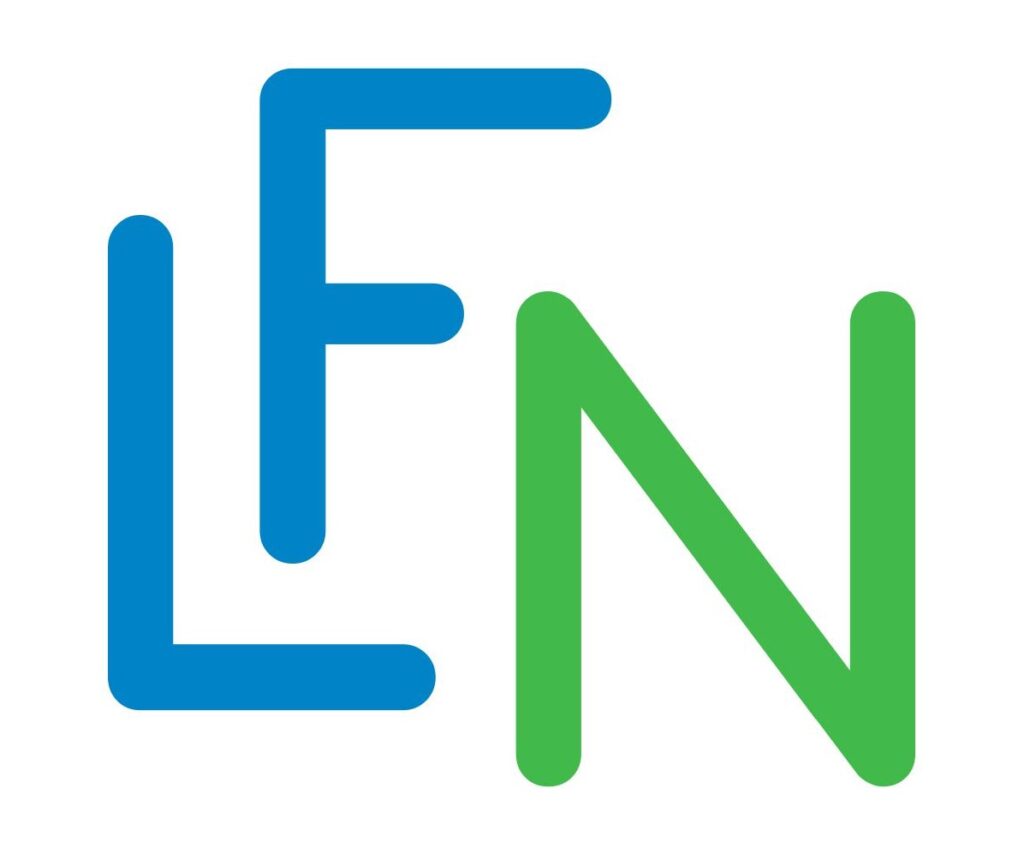What is internet upload speed? Why is it important?
June 2, 2021 — When talking about broadband internet speed, there are two different numbers to pay attention to: download speed and upload speed. Download speed determines how fast data can be sent to your device, such as when you receive emails, load websites, download files, or stream videos. Upload speed determines how fast data can be sent from your device, such as when you’re using sharing your live video and audio in a virtual meeting, uploading files to the cloud, or doing work on remote computers.
With most broadband systems, including DSL, satellite, and cable, download and upload speeds are asymmetrical, meaning the numbers don’t match. Download speeds are often much higher than upload speeds because of limitations in the technology used. For example, cable internet is based on the infrastructure built initially just for cable TV, so it was designed to send data very quickly to the subscriber’s home—but originally was never expected to send data back out again! Asymmetrical upload and download speeds are usually written in the format “download/upload,” such as 25/3 Mbps, the current minimum standard for broadband defined by the FCC.
Unfortunately, internet service providers aren’t always transparent about their upload speeds. Often when you look up plans and offerings for ISPs in your area, you’ll only see one number listed: the download speed, which may be much higher than the available upload speed. Although this number may not be easy to find, it’s very important to take it into account! Having a good upload speed is just as important as download speed if you need to use your internet for virtual meetings, remote learning, VoIP (Voice over internet Protocol or using the internet to make phone calls) phone calls, or many other education and work-from-home scenarios.
Fiberoptic cable, unlike most other broadband internet solutions, is designed to be symmetrical, meaning its download and upload speeds are the same, such as 100/100 Mbps. This makes fiber one of the most robust and future-proof broadband types, since not only does it allow for extremely fast speeds, it also supports the symmetrical download/upload speeds that have become essential to work and education. Although you may not need your upload speed to be exactly symmetrical to your download speed, it is an important factor to consider when choosing an ISP and service plan.
Wondering what internet download/upload speeds you have currently? You can check your connection speed for free any time by running a quick test at www.speedtest.net.
Submitted by Charlotte Reber, Johnson member of the Lamoille FiberNet Governing Board.
The mission of Lamoille FiberNet Communications Union District (LFCUD) is to make locally controlled, affordable and reliable high-speed internet service available to every address in our member towns. For more info, go to http://www.LamoilleFiber.net.





